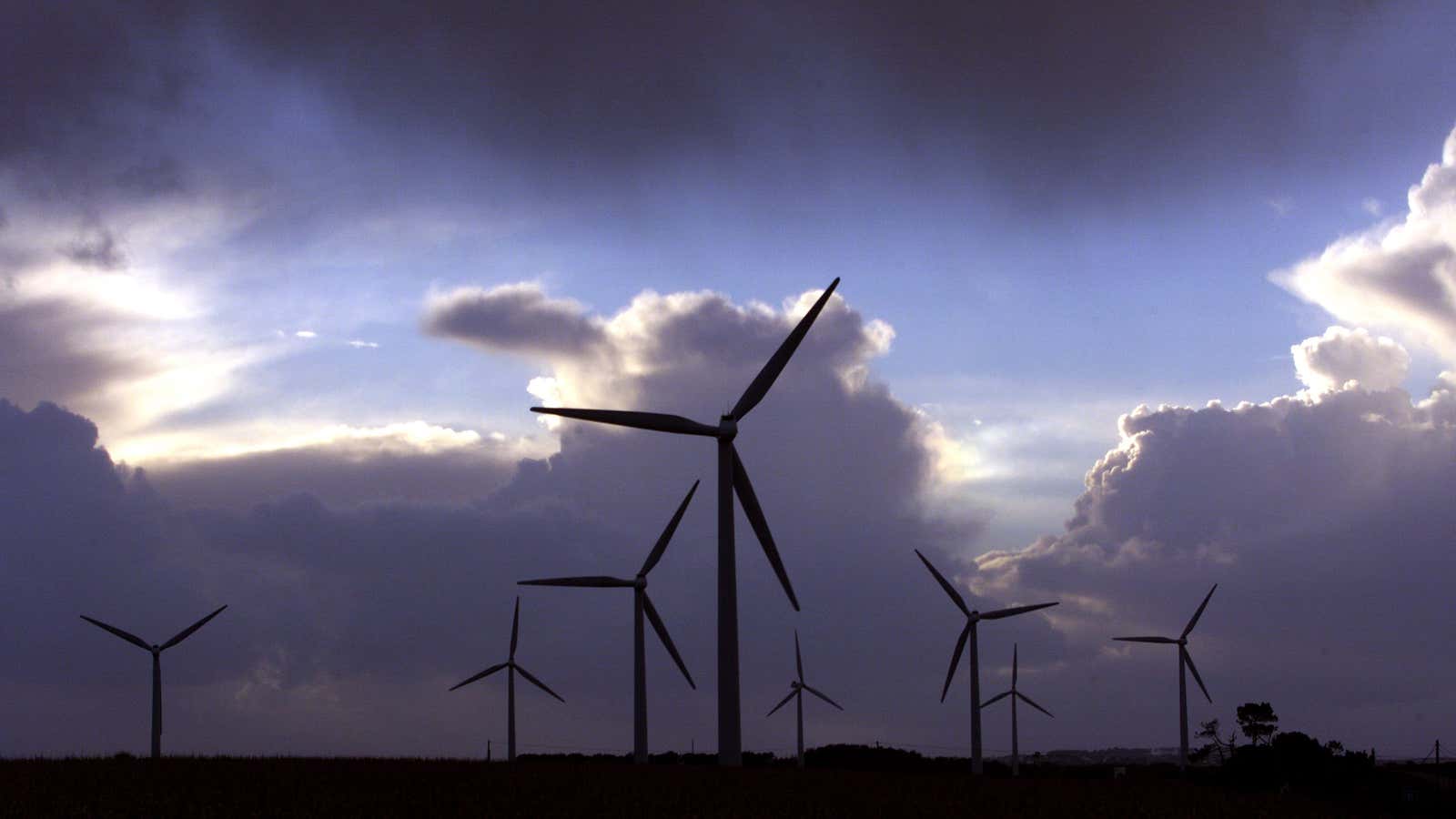A darling of India’s renewable energy industry until not very long ago, the southern state of Andhra Pradesh has now taken a hard line against high tariffs being paid to developers.
On July 1, chief minister YS Jaganmohan Reddy’s newly-elected state government formed a committee “to review, negotiate and bring down the high wind and solar energy purchase prices.”
“The power distribution companies (discoms) in the state are in financial crisis… One of the major reasons for this is the issue of abnormally priced wind and solar power purchase agreements entered into in recent years,” the government announced in its order to revisit the already-signed agreements with developers.
Andhra Pradesh’s government-owned discoms have been in debt for several years now. But at the heart of the contention are wind projects commissioned in 2015 and 2016 using feed-in-tariff mechanism, in which the state sets the price of electricity. Since then, lower prices have been achieved across the country through the mechanism of open bidding by developers.
However, Andhra Pradesh has committed to buy power from renewable energy projects at fixed higher rates for up to 25 years. Its discoms have grown resistant to paying more than the lowest rates.
Testing the limit
Though it is legally unfeasible to revise prices after the contracts have already been signed, a tussle can drag on for months, and the government could freeze payments to wind and solar projects in the meantime, said Manu Aggarwal, associate at the New Delhi-based non-profit Council on Energy, Environment and Water’s Centre for Energy Finance.
“If payments stop coming, there is a risk of these projects turning into non-performing assets, especially the ones built by smaller firms which have little financial flexibility,” said Ankur Agarwal, associate director for infrastructure at the credit ratings agency India Ratings and Research. The move will also lower investors’ confidence in the industry, and they may start attaching a high risk premium to lending for renewable energy projects, he added.
Though the committee to review the power purchase agreements will submit its recommendations in 45 days, Reddy has reportedly decided to scrap various other deals with developers, such as the allotment of 5,000 acres of land for Greenko’s hybrid solar wind project in Anantpur district.
So far, businesses haven’t received any official communication from the new government, said Mahesh Kolli, Greenko’s president and joint managing director. “There is no way they can do this. This is an optics move meant for Andhra Pradesh’s local population,” he said.
Signalling corruption, Reddy’s government is reviewing what it says are controversial deals in a number of industries. These deals were signed during the previous administration led by his political rival N Chandrababu Naidu.
Set the ball rolling
As renewable energy prices have been on a decline, discoms around the country have been trying to re-negotiate older agreements to bring down high fixed rates that they are bound to pay for years. But this is the first time a state government has put its force behind this effort, Manu Aggarwal said.
The push to revise prices could have a far-reaching impact. “Other states are also watching what Andhra Pradesh is doing. Everyone would want to go back to the negotiating table and get lower rates,” Ankur Agarwal said. For instance, discoms in the western state of Gujarat also want wind power prices that were arrived at using feed-in-tariff mechanism to be lowered.
Developers could also grow averse to building new projects in Andhra Pradesh, “and only bid for projects in those states that they are comfortable with,” Agarwal added.
This fear may just be what holds back Reddy’s government. “Andhra Pradesh is a new state (after bifurcation to create Telangana state in 2014),” Kolli said. “It cannot be driving away investment.”
